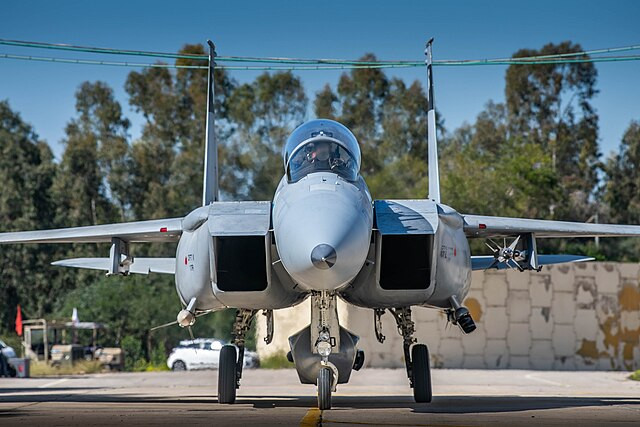Heavy clashes in Syria's Sweida province between Druze militias and Sunni Bedouin clans have killed at least 30 people and wounded nearly 100, as government forces deploy in an effort to restore order amid spiraling violence and a deteriorating security situation. The Syrian Observatory for Human Rights, a U.K.-based war monitor, reported that the death toll had reached at least 37, including two children, with hundreds of government troops and armored convoys sent to reinforce checkpoints across the region.
Authorities said the clashes erupted following a string of tit-for-tat kidnappings. The initial incident reportedly occurred when members of a Bedouin tribe set up a checkpoint and robbed a young Druze man. Rami Abdurrahman, head of the Syrian Observatory, said, "The conflict started with the kidnapping and robbery of a Druze vegetable seller, leading to tit-for-tat attacks and kidnappings." Local militias, comprised largely of the Druze religious minority, have been locked in repeated clashes with Sunni Bedouin clans since Sunday.
The Syrian Interior Ministry described the events as a dangerous escalation that "comes in the absence of the relevant official institutions, which has led to an exacerbation of the state of chaos, the deterioration of the security situation, and the inability of the local community to contain the situation despite repeated calls for calm." Security forces reportedly clashed with local armed groups after entering Sweida early Monday. Interior Ministry spokesperson Noureddine al-Baba told state-run Al-Ikhbariya TV, "Some clashes occurred with outlawed armed groups, but our forces are doing their best to prevent any civilian casualties."
The conflict has underscored deep-seated mistrust between the Druze, a 10th-century religious sect and minority group, and Syria's new authorities, who came to power after the fall of former President Bashar Assad in a lightning rebel offensive led by Sunni Islamist insurgents last December. Factions within the Druze community remain divided on whether to cooperate with the new Damascus government and its security apparatus.
International concern over the escalation has grown. U.N. Deputy Special Envoy for Syria Najat Rochdi expressed "deep concern" over the violence, urging all sides to "take immediate steps to protect civilians, restore calm, and prevent incitement." Rochdi said the crisis highlights the "urgent need for genuine inclusion, trust-building, and meaningful dialogue to advance a credible and inclusive political transition in Syria."
Israel's military also struck government tanks in southern Syria as the fighting escalated. The Israeli army said it targeted military tanks in the region, where government forces and Bedouin tribes clashed with Druze militias. In May, Israeli forces struck near the presidential palace in Damascus after deadly clashes between pro-government gunmen and Druze fighters in Sahnaya and the Druze-majority suburb of Jaramana.
Prime Minister Benjamin Netanyahu and Defense Minister Israel Katz stated previously that Israel "will not allow the deployment of (Syrian government) forces south of Damascus or any threat to the Druze community." Israel considers the Druze a loyal minority, with many serving in the Israeli armed forces, particularly in the Golan Heights-a region captured from Syria in 1967 and annexed in 1981.
While Druze factions in Syria have expressed skepticism over potential Israeli intervention, some, including a group led by Sheikh Hikmat Al-Hijri, called for "international protection," accusing government forces of "supporting takfiri gangs"-a term used for extremist Sunni militants. The Druze have faced persistent threats during Syria's nearly 14-year civil war, battling both Islamist insurgents and at times government forces.






